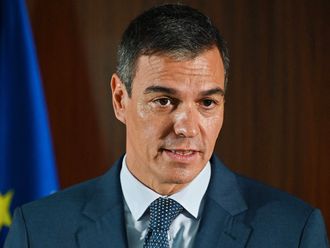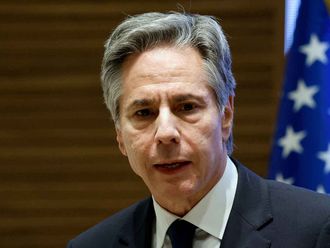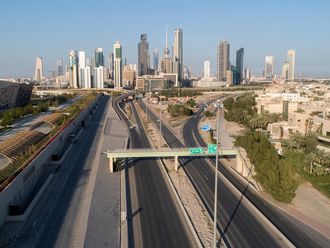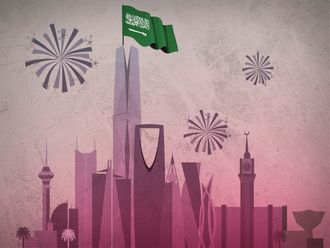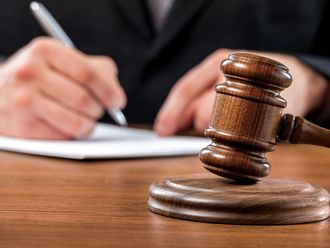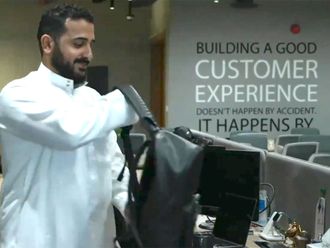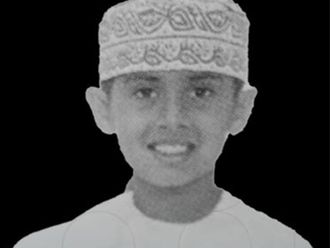Washington: As President Barack Obama prepares to officially end the lengthy and divisive US combat operation in Iraq, he'll personally thank some of the soldiers who fought there for their service to a mission he forcefully opposed from the start.
Many of those soldiers deployed from Fort Bliss, the sprawling Army base in El Paso, Texas, that Obama will visit Tuesday. After speaking with the troops, Obama will return to Washington to address the nation and formally end a combat mission in Iraq that lasted more than seven years, leaving more than 4,400 US troops dead and thousands more wounded.
Obama was an early critic of the war, speaking out against it during the US invasion in early 2003 and promising during his presidential campaign to bring the conflict to an end. The White House sees Tuesday's benchmark as a promise kept and has gone to great lengths to promote it as such, dispatching Vice President Joe Biden to Iraq to preside over a formal change-of-command ceremony and raising Tuesday night's remarks to the level of an Oval Office address, something Obama has only done once before.
Among Obama's goals on Tuesday is honouring those who have served in Iraq since the March 2003 invasion, many returning to the battlefield for multiple tours of duty. White House spokesman Robert Gibbs said Monday that while the Iraq war would have never happened had Obama been commander in chief at the time, the president holds the service and sacrifice of the troops in high regard.
Appearing on nationally broadcast interviews Tuesday morning, Gibbs repeatedly brushed aside questions about whether Obama would credit President George W. Bush's troop surge with helping to pave the way for the withdrawal.
"What is certainly not up for question is that President Obama and then candidate Obama said that adding those 30,000 people into Iraq would add to the security of Iraq," the spokesman said. But he also said "a number of things" brought the United States to this point, including the move toward greater political accommodation among the Sunni, Shia and Kurdish factions.


